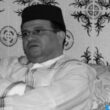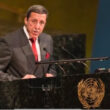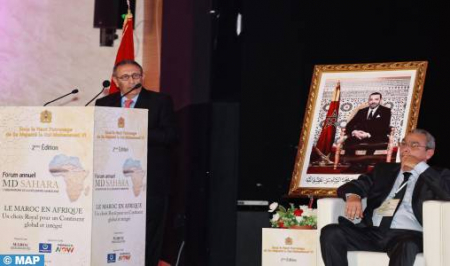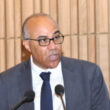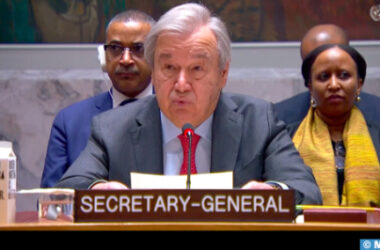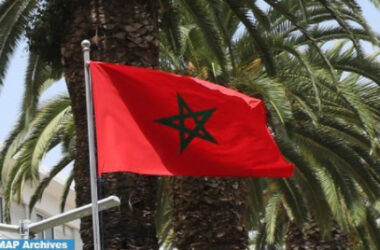Speaking at a panel discussion on the sidelines of the 2nd MD Sahara Forum under the theme “Morocco in Africa, a Royal choice for a global and integrated continent,” Amrani said that “our joint action is continually called upon to focus on more social justice, democracy and human development to achieve a level of stability sufficiently balanced, for a more prosperous and bolder continent.”
“The prospects of African emergence remain dependent on the articulation of a true regional integration system, which supports not only economic complementarity but also convergent political will committed in unison for the interest of the Continent, and this outside of any short political and ideological views,” he added.
Africa is a political force with sustained growth, diverse socio-economic realities and ambitions, he said, noting that “integration at the level of the continent has relatively advanced models that work and other relatively timid less effective.”
“Several regional groups including the Economic Community of West African States (ECOWAS) and the Southern African Development Community (SADC), have distinguished themselves in their ability to create unity and homogeneity,” he said.
In this context, the diplomat highlighted the creation of the African Continental Free Trade Area (AfCFTA) which, according to him, marks the beginning of a broader collective plan and a new effective and inclusive co-development model in the service of African citizens.
He recalled that the FTAA is perfectly in line with the vision of HM King Mohammed VI for an integrated and prosperous Africa, which places Africa’s socio-economic development among its main priorities.
Amrani also said that Africa needs to engage in a fundamental debate on its integration capabilities, explaining that it is not to copy the European model, since it has other realities, requirements and aspirations.


